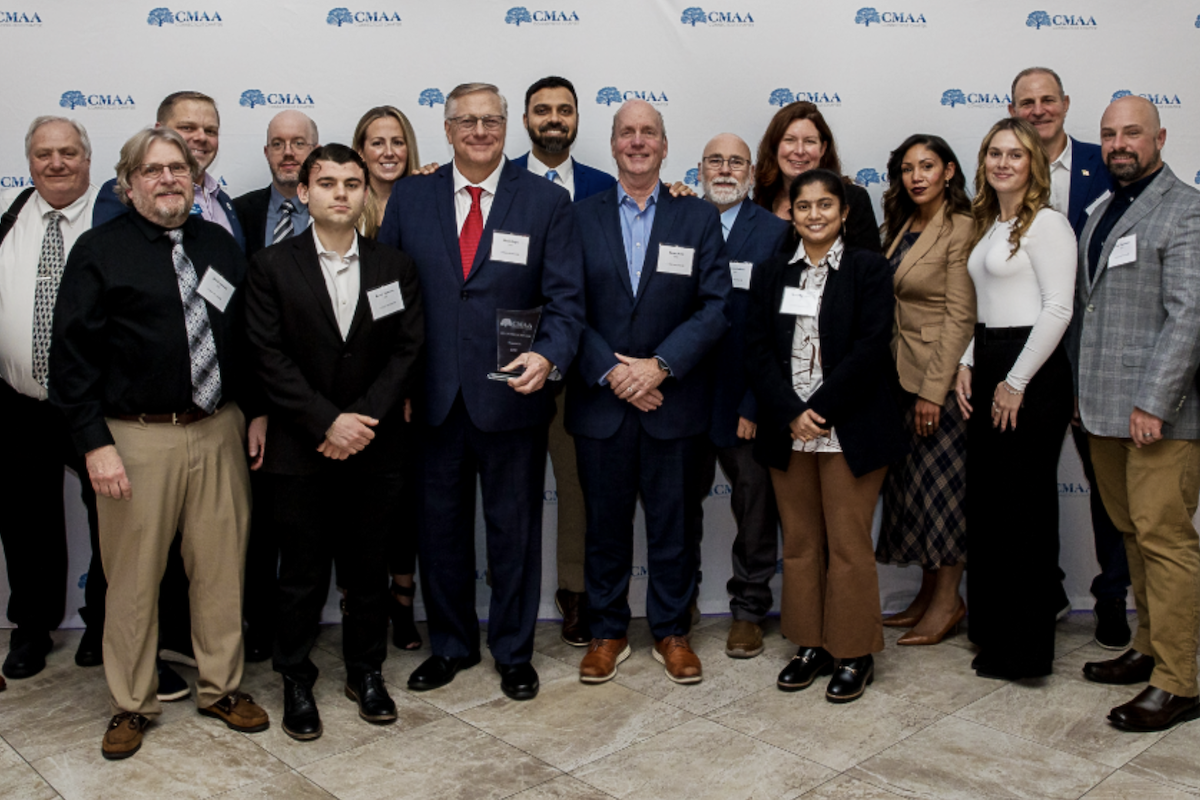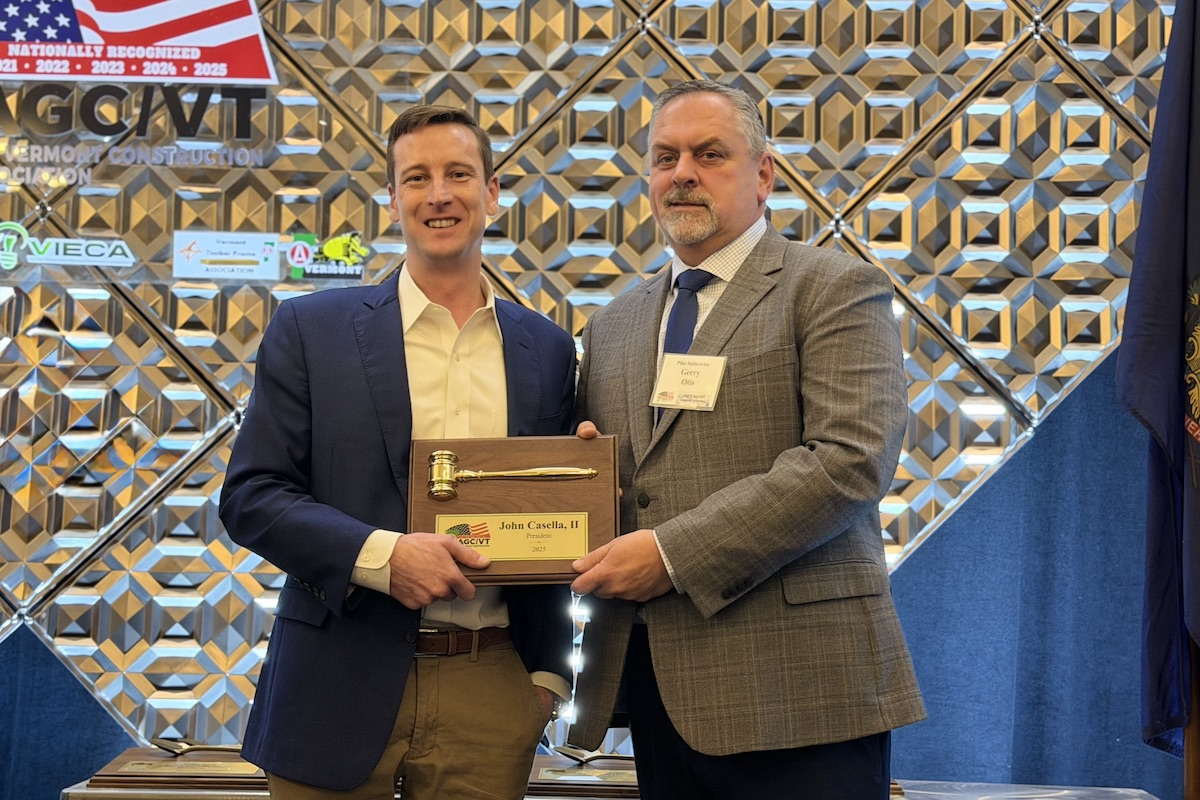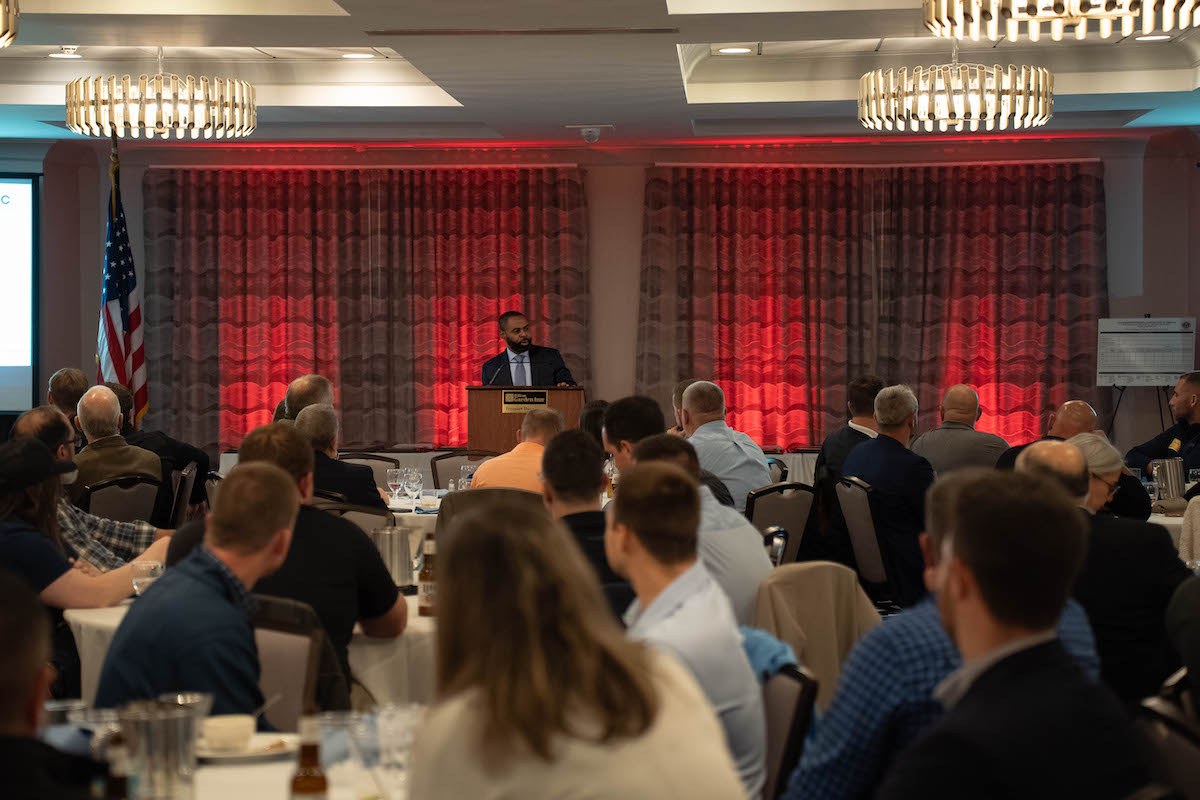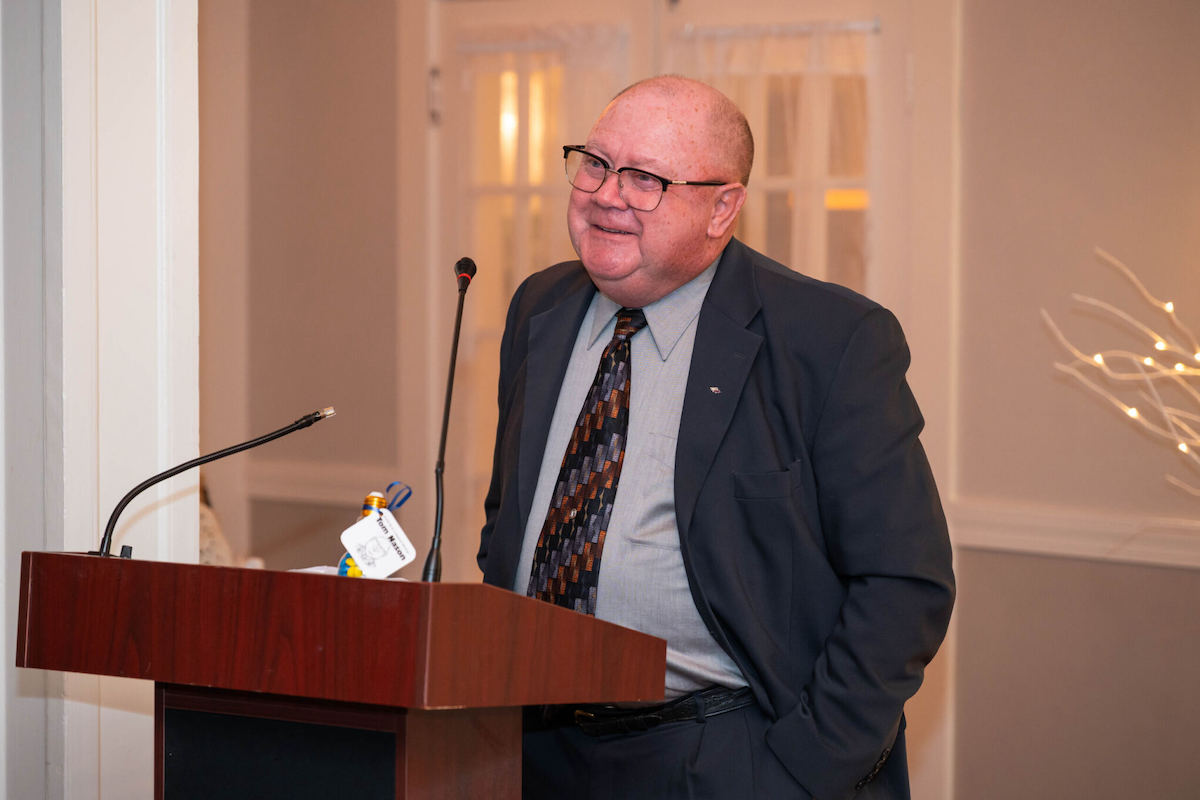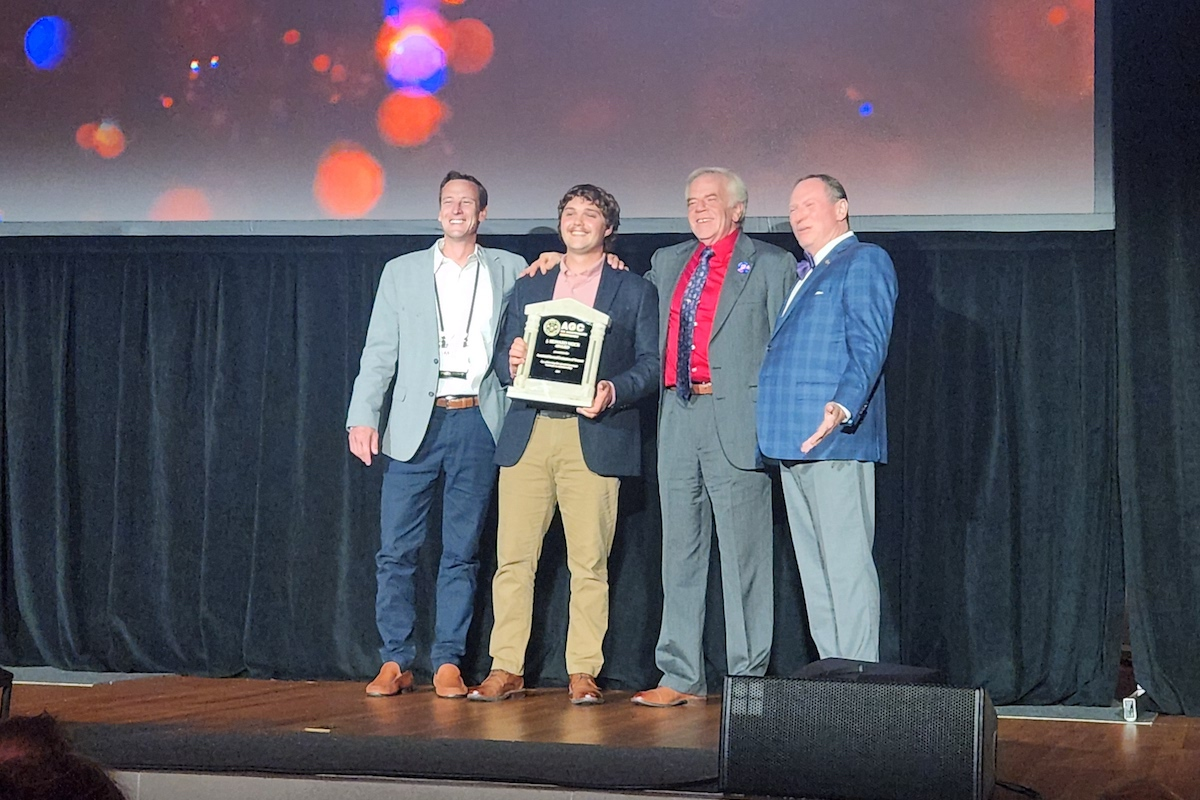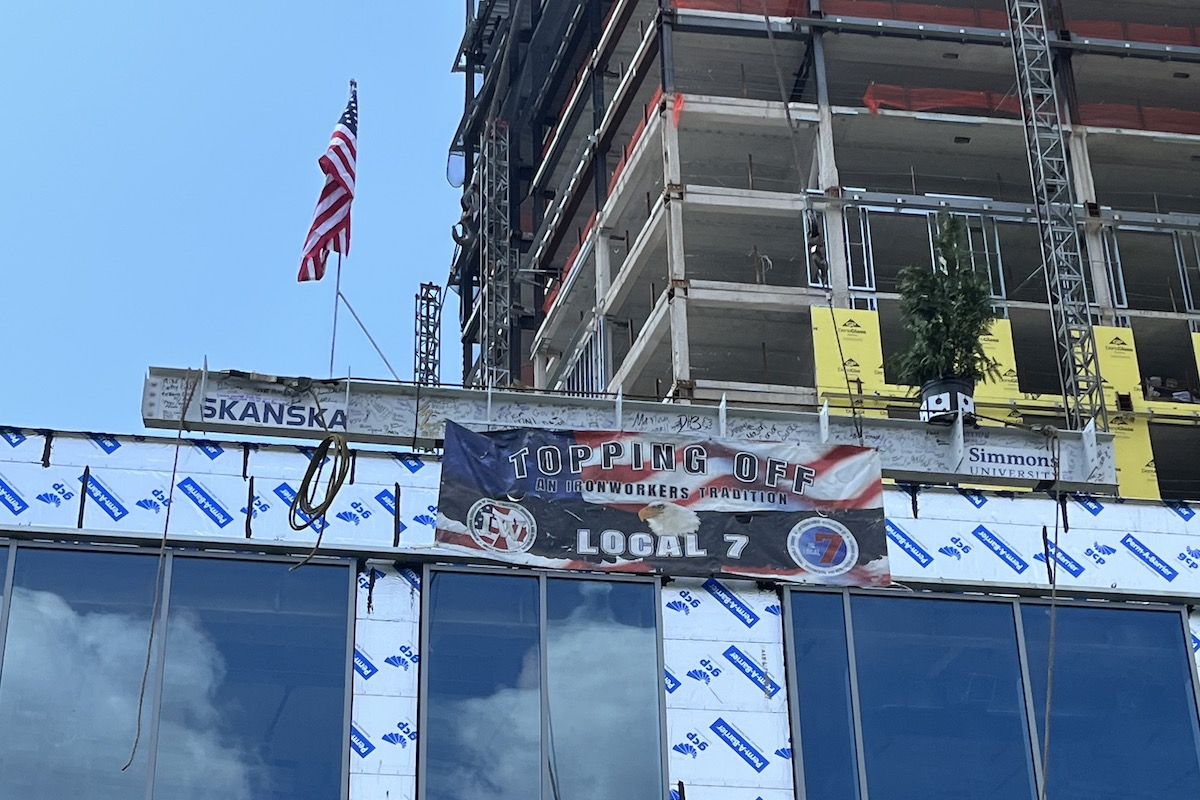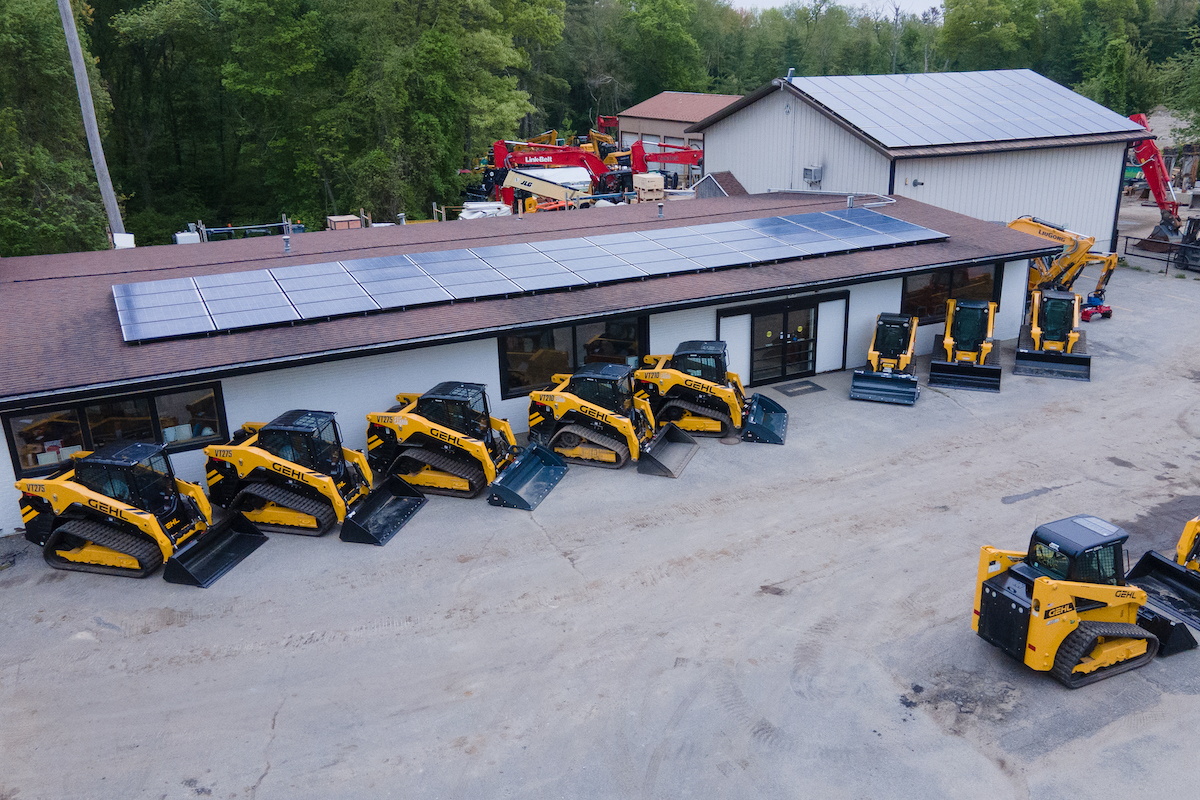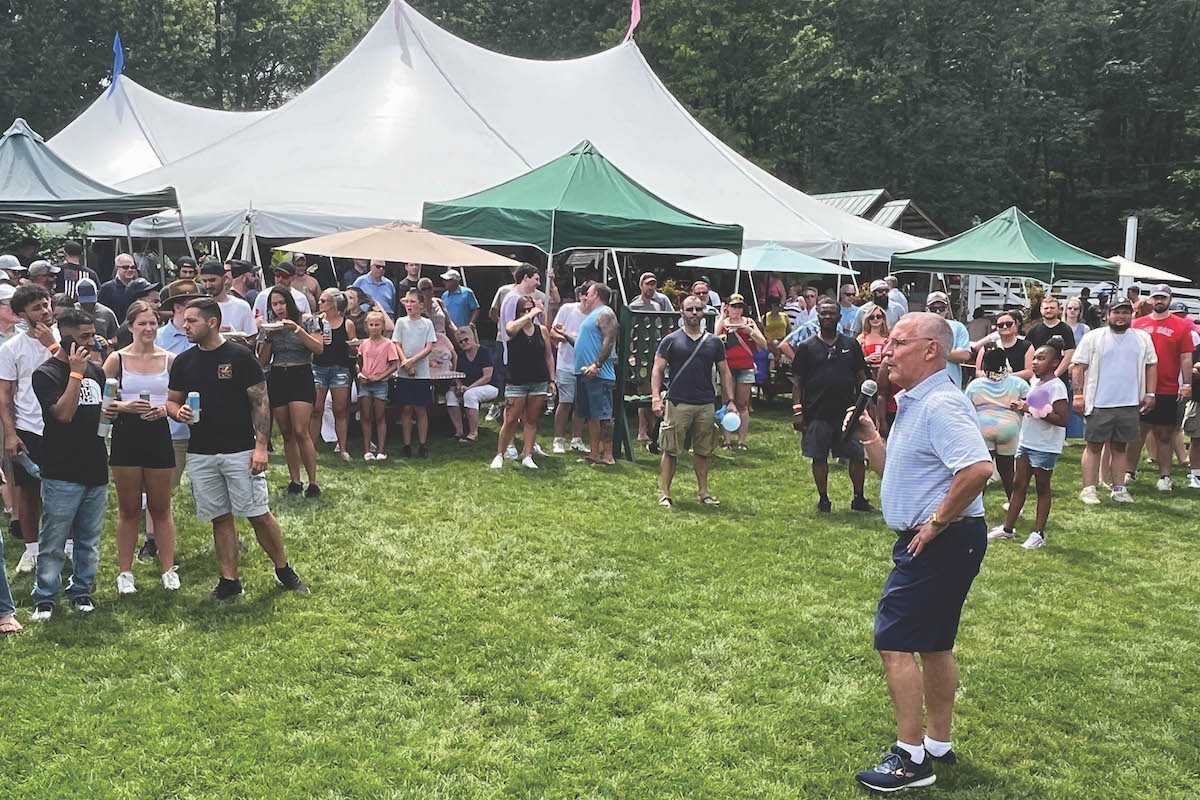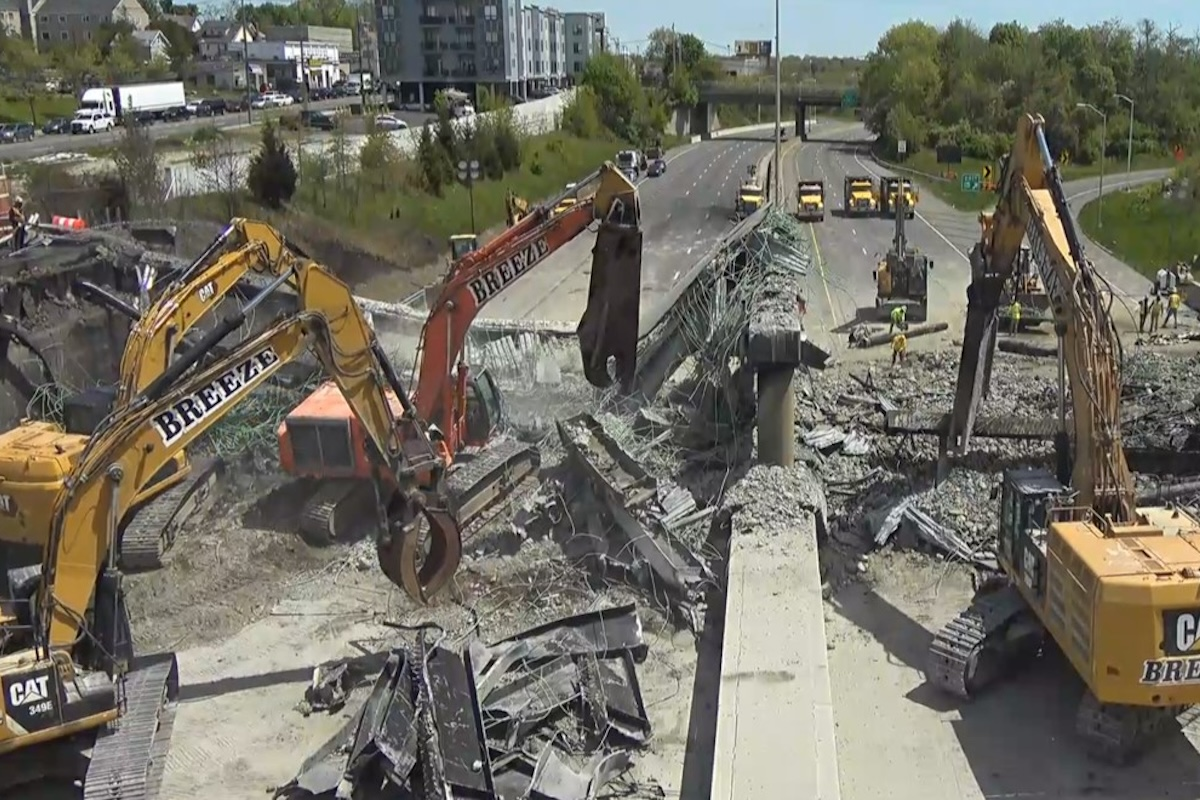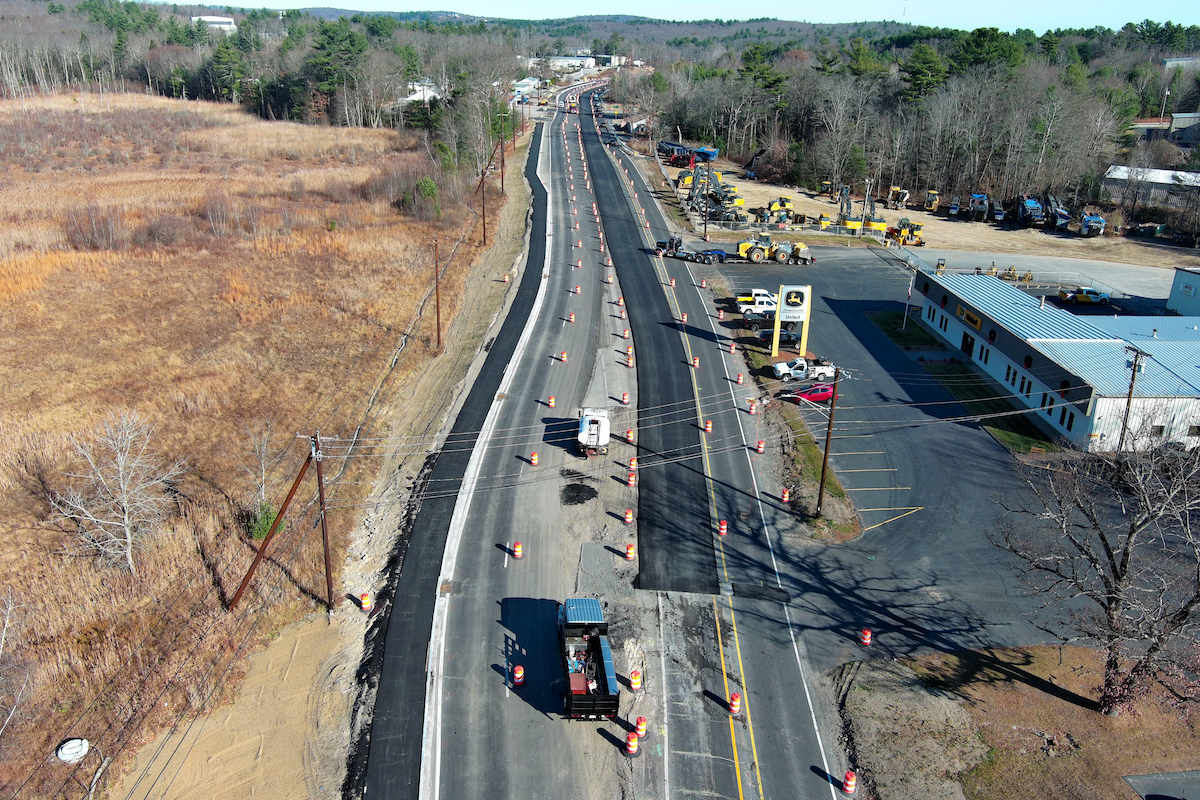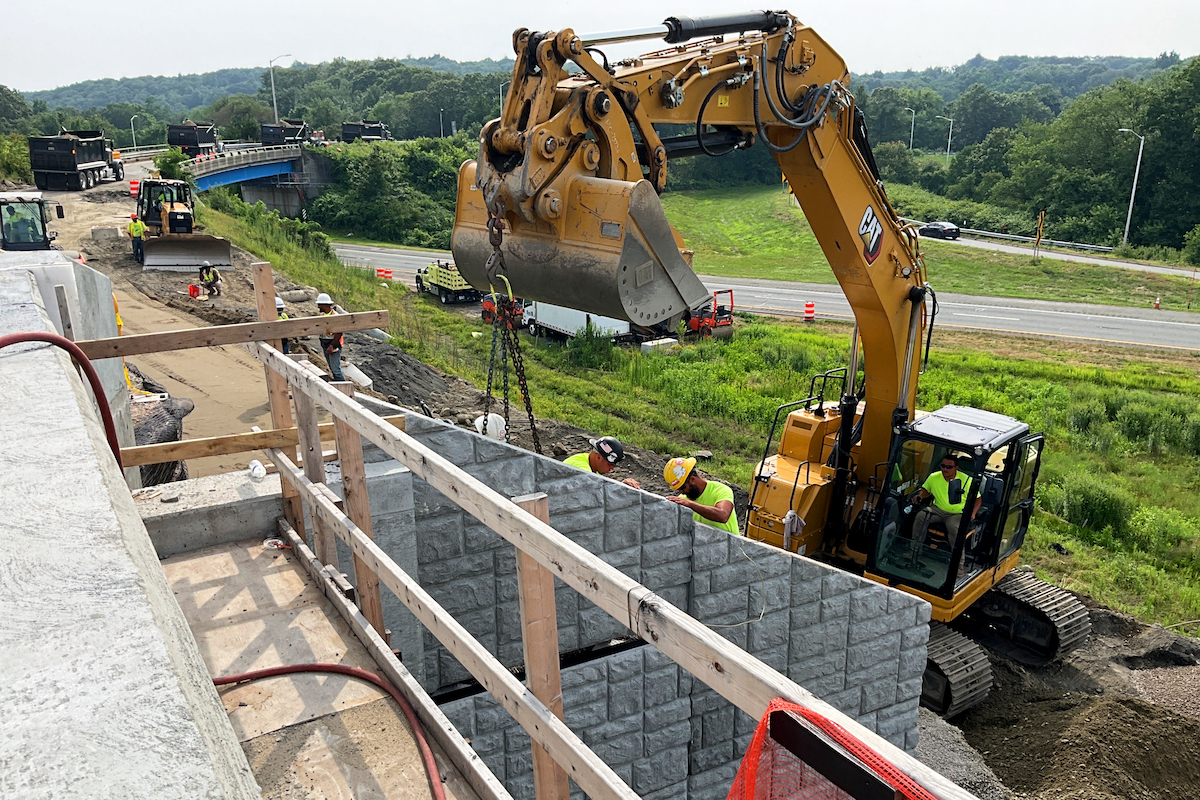Chapter 2251 contemplates three parties – a governmental entity, a vendor, and a subcontractor. The governmental entity can be a state agency which includes a board, commission, office, or other agency in the executive branch of the state government or a political subdivision of the state, such as counties, municipalities, public school districts, or special-purpose districts. A “vendor” is a person or entity that supplies goods or services to a governmental entity or another person directed by the entity. In the construction context, a vendor is usually the general contractor. A subcontractor is the person or entity that contracts with the vendor “to work or contribute toward completing work” for a governmental entity.
A governmental entity typically owes payment to a vendor within 30 days of the date it received goods, the vendor performed services, or the date the governmental entity received an invoice for the goods, whichever is later. If the governmental entity is a political subdivision of the state whose governing body meets only once a month or less frequently, it owes payment to a vendor within 45 days instead. A vendor who receives payment from a governmental entity is similarly required to pay, within 10 days of receiving payment, its subcontractors for their shares of the payment received. Subcontractors must then pay their suppliers’ their respective shares of the payment within 10 days of receiving payment from the vendor.
Interest on an unpaid balance begins to accrue on the day after the date payment became due. The applicable interest rate is the rate in effect on September 1st of the fiscal year in which the payment becomes overdue. By statute, the interest rate is determined by a formula of 1 percent plus the prime rate published by the Wall Street Journal on July 1st of the preceding fiscal year. For example, the prime rate as of July 1, 2022, was 4.75 percent. Therefore, any payments that becomes due between September 1, 2022, and August 31, 2023, will accrue interest at 5.74 percent per annum. In a proceeding to collect an unpaid balance or interest due, the prevailing party is entitled to recover its attorney’s fees from the non-prevailing party.
A governmental entity may withhold payment from a vendor if there is a bona fide dispute about the goods or services payment is sought for. The governmental entity must notify its vendor of any error or dispute in an invoice submitted by the vendor for payment within 21 days of the date the governmental entity receives the invoice. The dispute notice must include a detailed statement of the amount of the invoice which is disputed and may not withhold from payments required more than 110 percent of the disputed amount. If the dispute is resolved in favor of the vendor, it is entitled to receive interest on the unpaid balance beginning the date the payment on that balance became due. If the dispute is resolved in favor of the governmental entity, no interest accrues, and the vendor must submit a corrected invoice which becomes due under the timelines a normal payment would be due. If payment of the corrected invoice is not timely paid, the vendor may then be entitled to interest on the unpaid balance of the corrected invoice.

| Your local Case Construction Equipment Inc dealer |
|---|
| Beauregard Equipment |
| Monroe Tractor |
Non-payment may also give the contractor the right to stop work. Assuming there is no dispute and timely payment is not made, a contractor may suspend performance of its work upon written notice to the governmental entity. The notice must inform the entity that payment has not been received and state the vendor’s intent to suspend performance. For most projects, the vendor may not suspend performance until the 10th day after giving notice of its intent to suspend work. A subcontractor may also suspend performance of its work under its contract with a vendor under similar written notice requirements.
A party that suspends work is not required to supply further labor, services, or material until it is paid its unpaid balance, plus demobilization and remobilization costs, and is not responsible for damages resulting from suspending its work, unless it is notified in writing before suspending work that payment has been made or a bona fide dispute exists. The statute does not allow suspension of work for disputed payments.
Texas Government Code provides rights and remedies which can be a useful tool to ensure timely payment to vendors and gives governmental entities certain protections in the event of a bona fide payment dispute. Before exercising your rights, under Chapter 2251 you should consult with a construction attorney.
Tony Ali is an Associate at Peckar & Abramson, P.C. He can be reached at SAli@pecklaw.com and 713-568-1500.













